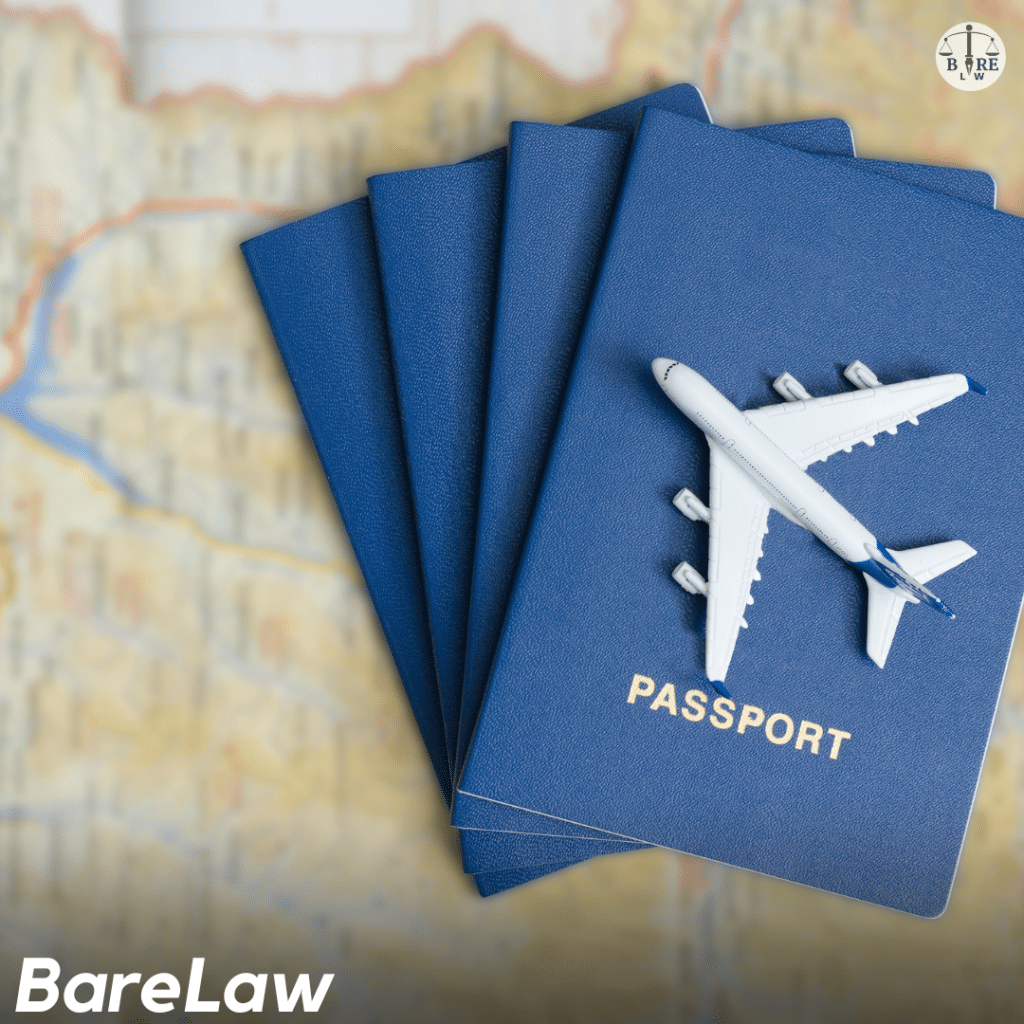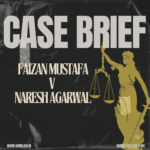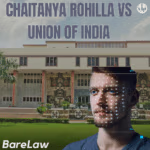Rajasthan High Court: Passport Authority Not Bound by Adverse Police Verification Report, Says Justice Anoop Kumar Dhand. Savitri Sharma vs Union of India
Rajasthan High Court Rules Adverse Police Report Cannot Lead to Automatic Passport Denial
The Rajasthan High Court has determined that a negative police verification alone does not revoke a citizen’s lawful entitlement to obtain a passport [Savitri Sharma vs Union of India].
Justice Anoop Kumar Dhand underscored that the Passport Authority must not adhere to the unfavourable police verification report.

An adverse police verification report does not inherently disqualify citizens from their legal right to obtain a passport. The Court stated, “It is the responsibility of the Passport Authority to consider the facts and antecedents of the individual applying for a Passport, as indicated in the verification report, in determining whether to issue or deny the passport.”
The Court clarified that the Passport Act of 1967 permits the Passport Authority to conduct an inquiry before passport issuance, enabling it to request a police verification report concerning the background of the individual applying for the travel document.
The Passport Authority conducts such inquiries to determine whether to issue or deny a passport in each situation.
The Court stressed that the final decision rests solely with the Passport Authority, which may consider the inquiry report.
“The Passport Authority cannot deviate from their own decision to issue a passport solely based on an unfavorable inquiry report, nor can they deny issuance without considering the facts presented in the report,” it noted.
The High Court provides relief to a woman believed to be Nepali.
The Court was considering a 34-year-old woman’s appeal on the denial of her passport renewal application. The woman possessed a passport from 2012 to 2022.
The Centre contested the request on the basis that her application was rejected owing to a negative police report indicating that her nationality was questionable.
Nevertheless, the Court provided relief to the woman after observing that there was no evidence in the record to indicate that she was not an Indian national.
The woman was born in Tihar Jail in 1990, completed her education under the Central Board of Secondary Education (CBSE), and has been issued a Permanent Account Number (PAN) Card by the Income Tax Department.
She has also been issued an Aadhaar card, voter card, and driving license, as discovered. The Court further observed that she was married, with both her husband and father being permanent residents of India.
It was so determined that she was a citizen of India by birth.
The Court additionally rejected the assertion that she was Nepali, as suggested by the police report.
The petitioner was born in India, and her domicile of origin is India. The domicile of origin is a legal concept that remains with an individual until they relinquish it by establishing a new domicile of choice. The petitioner, born in India, has her domicile of origin in India, and since both her father and husband are permanent nationals of India, the defendants’ objection stating that her nationality is “photo identical doubtful (Nepali)” is untenable.
If she had not been an Indian national, she would not have received the passport in 2012, it stated.
Consequently, the Court annulled the decision to deny the woman’s passport renewal application.
The authorities were instructed to adjudicate her application within eight weeks.
Nevertheless, the Court stated that the authorities may take action against her in accordance with legal protocols if any detrimental evidence is discovered.
Petitioner representation was provided by advocates Rakesh Chandel and Abhinav Bhandari.
Advocate Manjeet Kaur represented the Central Government.



